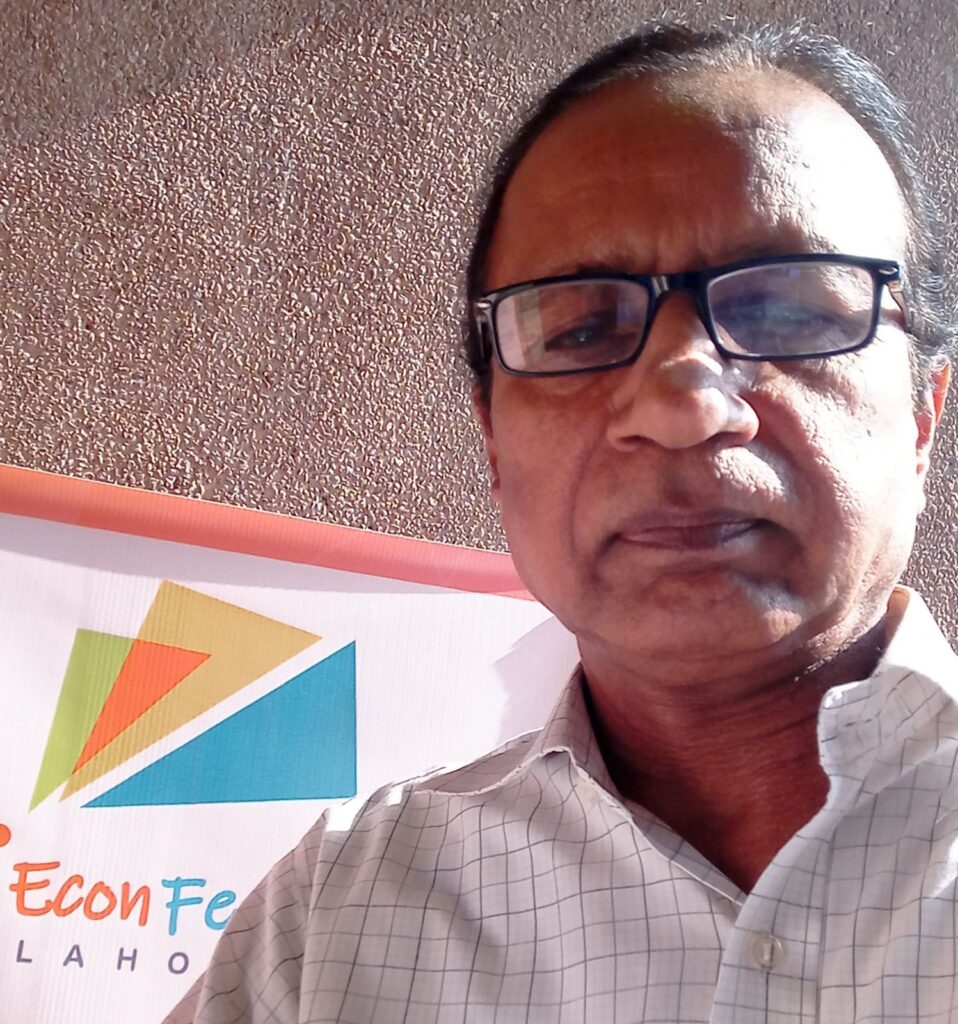سیاسی قضیے: [25 ستمبر، 2018]
ترقی یافتہ ملکوں کی سیاست، بالعموم، درپیش معاملات پر مرتکزکیوں ہوتی ہے؟ جیسے کہ ٹیکس کے معاملات؛ لوگوں کی زندگیوں پر حکومت کا کنٹرول؛ وغیرہ۔
ترقی پذیر و پسماندہ ملکوں کی سیاست، بالعموم، درپیش معاملات کے بجائے غیرضروری اور فروعی معاملات پر مرتکز کیوں ہوتی ہے؟ جیسے کہ جیالا، لیگیا، انصافیا، وغیرہ، ہونا؛ شخصیت پسندی؛ وغیرہ۔

اس ضمن میں، میں اس رائے پر پہنچا ہوں کہ ترقی پذیر و پسماندہ ممالک کی سیاست کا تعین زیادہ تر ان کی سماجیات سے ہوتا ہے۔ یعنی سماجیات سے متعلق معاملات، سیاسیات سے متعلق معاملات کو نہ صرف متاثر کرتے ہیں، بلکہ بڑی حد تک ان کا تعین بھی کرتے ہیں۔
جیسے کہ ایک معاشرے کی سماجی زندگی اگر ابھی افراد کے مابین، ناپسندیدگی، امتیاز، بغض، کینہ، جلن، حسد، رقابت، کراہت، نفرت، دشمنی، انتقام، غصے، ’’شریکا‘‘، اشتعال، ظلم، سادیت، مساکیت، وغیرہ، سے عبارت ہے، تو یہ چیزیں سیاست …
While the Pakistani NGOs seek the Right to Information Law, the likes of “Wikileaks” are wikileaking clandestine governments!
The latest ‘leaks’ of Wikileaks provide a historical opportunity to re-consider many a taken for granted truths!
This writing too intends to discuss afresh some such propositions which relates to the affairs of the governments. For instance, whether governments are justified in keeping various types of information secret. In Pakistan and maybe in other such countries also, this is an accepted truth. People outside governments than those inside seem more convinced in this regard. That is to be more loyalist than the king. As is the case, in contrast to the ordinary people, the elitist both inside and outside governments are to be blamed for this myth. They present government as a transcendental entity, and attribute it with similar characteristics. Without going into a lengthy debate, the simple truth is that rulers
…
A person who is murdered, has he any rights? That question may seem strange. Let me add another dimension to it: What’s the spirit of law? Does it exist for the rights of the murderers to be protected? Or, it exists for the alive so that they enjoy their life safe and sound? Last year, in a seminar on the citizens’ fundamental rights when I made a comment that most of the NGOs are always ahead in safeguarding the rights of those who are accused of capital crimes but why they never turn up to defend the rights of those who are murdered, one activist really turned up to throw an angry question upon me: “What do you mean? The accused has no rights? And we defend murderers?” I said: “What I mean is that the one who was murdered he too
…


